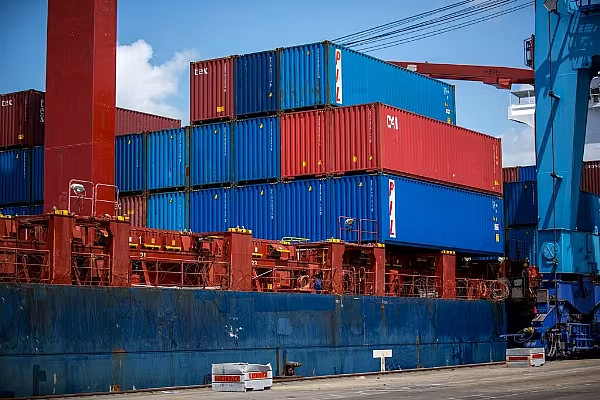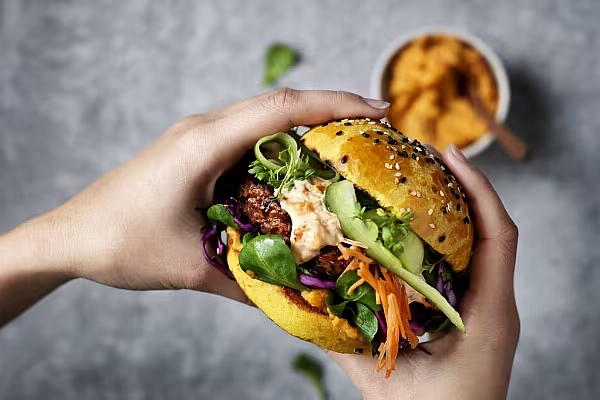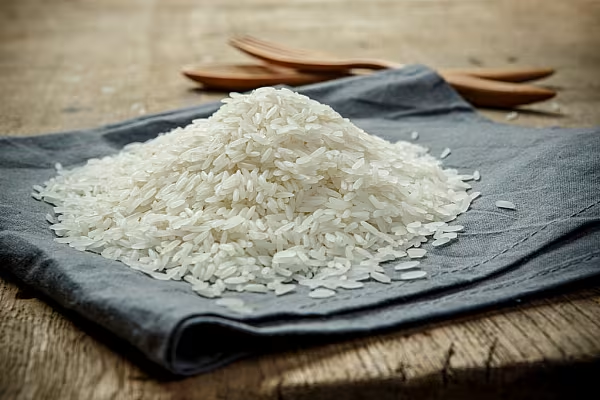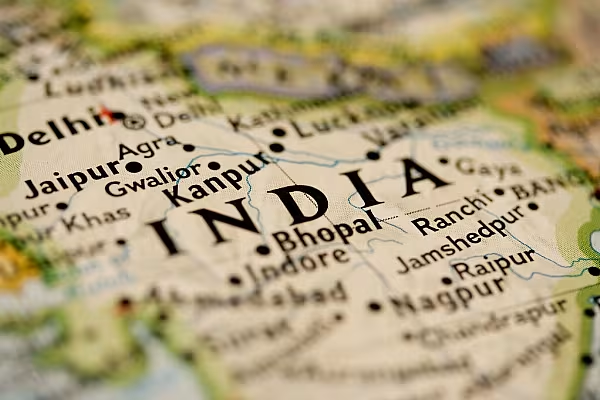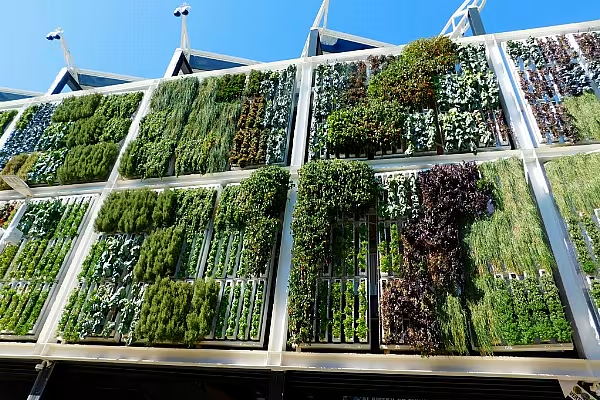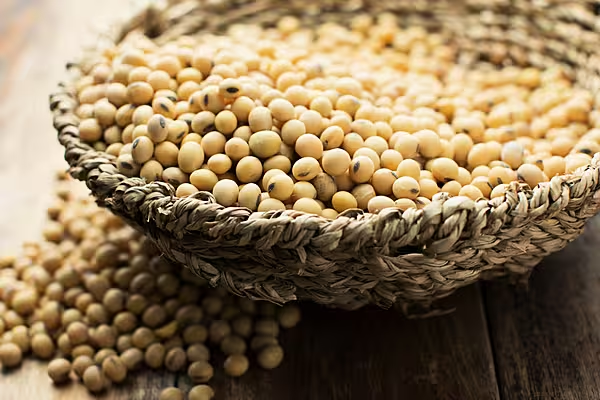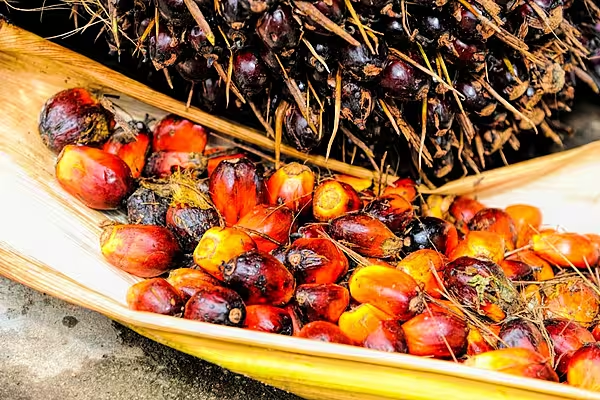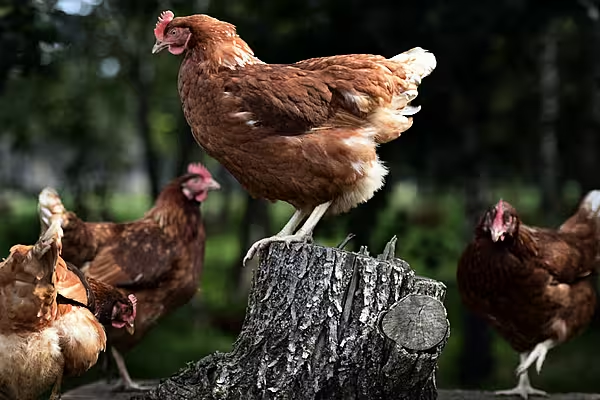A total of 14 trade 'chokepoints' – maritime, coastal and inland – pose an underexplored and growing risk to global food trade security, according to a new report by British think-tank Chatham House.
These chokepoints are exposed to three categories of disruptive hazards – weather and climate, security and conflict, and institutional.
Chatham House says that the risks are increasing as a result of three trends: dependency on chokepoints is growing, climate change is increasing the threat of disruption, and chronic underinvestment in infrastructure is creating a deficit of capacity to growing trade volumes and resilience to climate change.
Structural vulnerabilities in poor countries amplifies the potential consequences of chokepoint disruptions. However, Japan and South Korea rank among the most exposed countries in the world, despite also being two of the richest.
Suggested Actions
The report calls on policymakers to take immediate action to mitigate the risk of severe disruption at certain ports, maritime straits, and inland transport routes, which could have devastating knock-on effects for global food security.
Other suggestions include the integration of chokepoint analysis into mainstream risk management and security planning; investment in infrastructure; enhancement of predictability in global trade; the development of emergency supply-sharing arrangements and smarter strategic storage; and the collection of data on real-time food trade and infrastructural capacity.
© 2017 European Supermarket Magazine – your source for the latest retail news. Article by Branislav Pekic. Click subscribe to sign up to ESM: The European Supermarket Magazine
